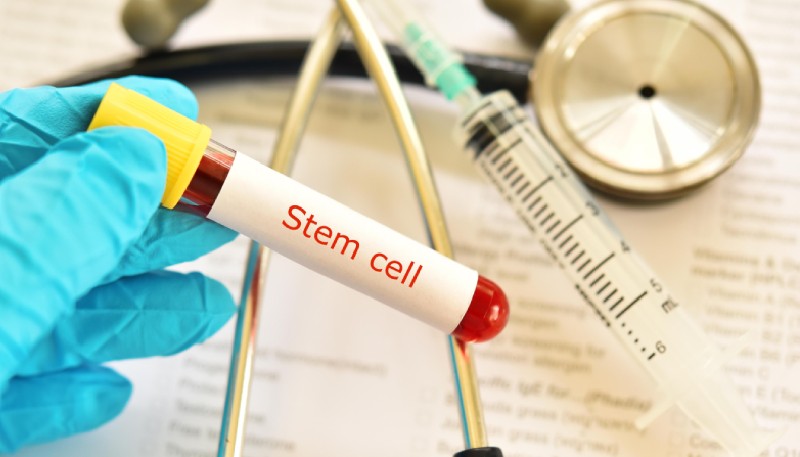
For over two decades, Addressing Common Concerns About Stem Cell Therapy has captured the public imagination as a potential panacea for a multitude of ailments. However, this nascent field also evokes a fair share of uncertainty. As a healthcare researcher with 25 years of experience, I aim to address some of the most common concerns surrounding this transformative therapy.
The allure of stem cells lies in their inherent potential. These unspecialized cells possess the remarkable ability to develop into various specialized cell types within the body. However, it’s crucial to understand that stem cell therapy is not a one-size-fits-all solution. The effectiveness of this treatment depends on several factors, including the type and source of stem cells used, the underlying condition being treated, and the specific delivery method employed. While significant strides have been made in treating specific diseases like certain blood cancers, much research is still needed to determine the full therapeutic potential for other conditions.
One of the biggest concerns surrounding stem cell therapy is safety. Early research often involved embryonic stem cells, which raised ethical questions about embryo destruction. Fortunately, advancements have led to the use of adult stem cells and induced pluripotent stem cells (iPSCs), mitigating these concerns. However, potential risks like tumor formation or immune system rejection remain possibilities. Rigorous clinical trials are paramount to ensure the safety and efficacy of stem cell therapies before widespread adoption.
The promise of Addressing Common Concerns About Stem Cell Therapy has unfortunately attracted unscrupulous actors. Clinics offering unproven treatments and making exaggerated claims are a real danger. Patients considering stem cell therapies should be wary of facilities that don’t involve them in controlled clinical trials or lack transparency about the source and type of Stem Cell Therapy used.
Governments and regulatory bodies worldwide are actively involved in establishing clear guidelines and oversight for stem cell research and treatment. The FDA in the US, for instance, has a robust framework for clinical trials and rigorous approval processes for Addressing Common Concerns About Stem Cell Therapy. These regulations ensure patient safety and pave the way for responsible development in the field.
Addressing Common Concerns About Stem Cell Therapy holds immense promise for revolutionizing healthcare. However, a measured and evidence-based approach is crucial. Patients should exercise caution when considering unproven therapies and seek guidance from qualified medical professionals. Researchers and regulatory bodies must continue collaborating to ensure the safety and efficacy of this transformative field.
Sources:
Whether you need help with marketing, patient financing, legal compliance the team at Rize Up Medical can help.
Let us help you maximize efficiency and profit.

DISCLAIMER: THIS SITE DOES NOT OFFER MEDICAL GUIDANCE. The content available on this website, which includes but is not limited to text, visuals, images, and other materials, is solely for informational purposes. None of the resources provided here should replace expert medical counsel, diagnosis, or care. It is essential to consult your doctor or a competent healthcare professional if you have concerns about any medical conditions or treatments, prior to beginning a new healthcare routine. Do not disregard expert medical recommendations or postpone seeking assistance due to information found on this site.